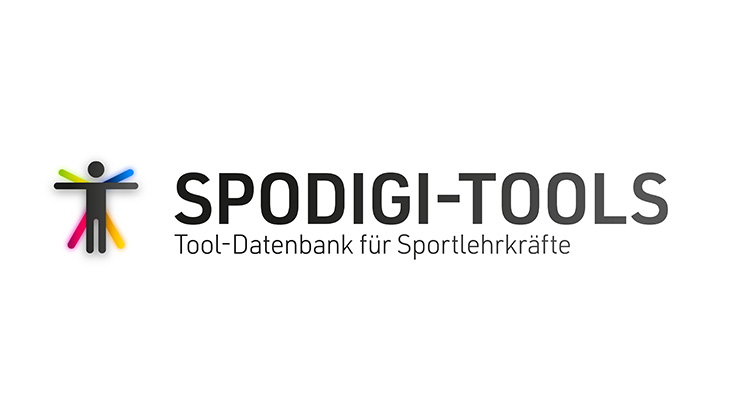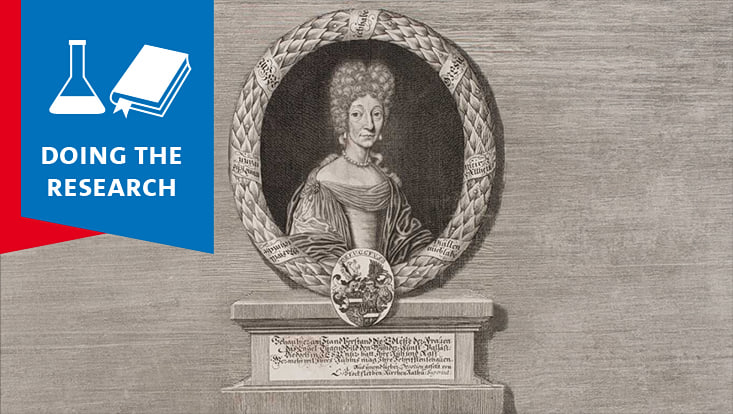Two new EU projects with Universität Hamburg participationFunding for Projects on Future and Emerging Technologies (FET)
23 February 2021, by Newsroom editorial office

Photo: pixabay/sonnenbrunnen/SD-Pictures
The European Union’s FET Open program funds research projects on promising technologies. In the last round, 2 projects that included teams from Universität Hamburg were also successful.
Two projects in the Department of Chemistry and the Department of Earth System Sciences in the Faculty of Mathematics, Informatics and Natural Sciences will receive a total of roughly €1 million. The projects begin in 2021 and will last 4 years.
Energy Harvesting via Wetting / Drying Cycles with Nanoporous Electrodes (EHAWEDRY)
Many industrial processes produce superfluous heat—waste heat that is often lost. While there are technologies to convert heat into electricity, they are costly and inefficient, for example, at temperatures below 100 degrees Celsius. In the EHAWEDRY project, researchers want to change this and develop a new technology for converting waste heat into electricity.
“Our ideas are making completely new inroads into saving energy and producing electricity,” says Prof. Dr. Michael Fröba from the Department of Chemistry at Universität Hamburg and one of the EHAWEDRY project partners. Researchers in the project will use supercapacitors that are normally used for fast electricity storage. In line with their innovative research concept, researchers will focus on contact surfaces between electrodes and a salty electrolyte solution. The electrodes in the capacitors will be dried using waste heat and then sprayed again so that, ultimately, thermal energy is converted into electricity. The EHAWEDRY project will develop and use nanoporous electrodes. These high surface materials are advantageous because they can efficiently convert lower-temperature waste heat into electricity. This innovative technology is thus much more beneficial with regard to cost, scalability, and flexibility in various applications. The EHAWEDRY project aims to create a prototype.
Eight institutions are taking part in the project, which has been granted a total of €2,997,615. Prof. Fröba’s research group will receive €399,865 and will oversee, among other things, the production of the nanoporous electrodes as well as the structural and chemical characterization of the materials.
Super Bio-Accelerated Mineral Weathering: A New Climate Risk Hedging Reactor Technology (BAM)
To limit climate warming to less than 2 degrees Celsius, not only do we need to produce fewer greenhouse gases; we also need to retrieve them from the atmosphere and safely store them. So far, there has been no sustainable, energy-efficient, and cheap negative emission technology for a large area.
A natural process for retrieving CO2 from the atmosphere is the weathering of rock. When this happens, CO2—regardless of the volume of basic ions—is bound in water in alkaline form and transported by river to the ocean. There, the alkaline counters the ocean’s acidity and stays for thousands of years. In the BAM project, which will receive funding of just about €3.5 million, reactor-based procedures will be developed to accelerate weathering with the help of biological processes and to purposefully steer machine-learning algorithms.
Prof. Dr. Jens Hartmann from CEN will receive €640,625 for his part of the project and will collaborate with an international team to look at how to accelerate the decomposition of rock flour with living organisms and retrieved CO2. The by-products of this procedure should counteract ocean acidity and improve depleted soils to achieve further sustainability goals. “Our goal is to develop an instrument that—in the short-term, meaning within 10 to 20 years—can make a maximum contribution to climate neutrality with a minimal use of resources.”
FET Open funding
The European Commission supports the research and development of future and newly emerging technologies (Future and Emerging Technologies, FET) via its Horizon 2020 program. Forty percent of the eponymous funding is granted through the FET Open funding program to individual open-topic projects. The funding volume for the current funding round is €191 million. A total of 58 projects were selected. Of the 877 applications submitted, 58 projects were chosen.


